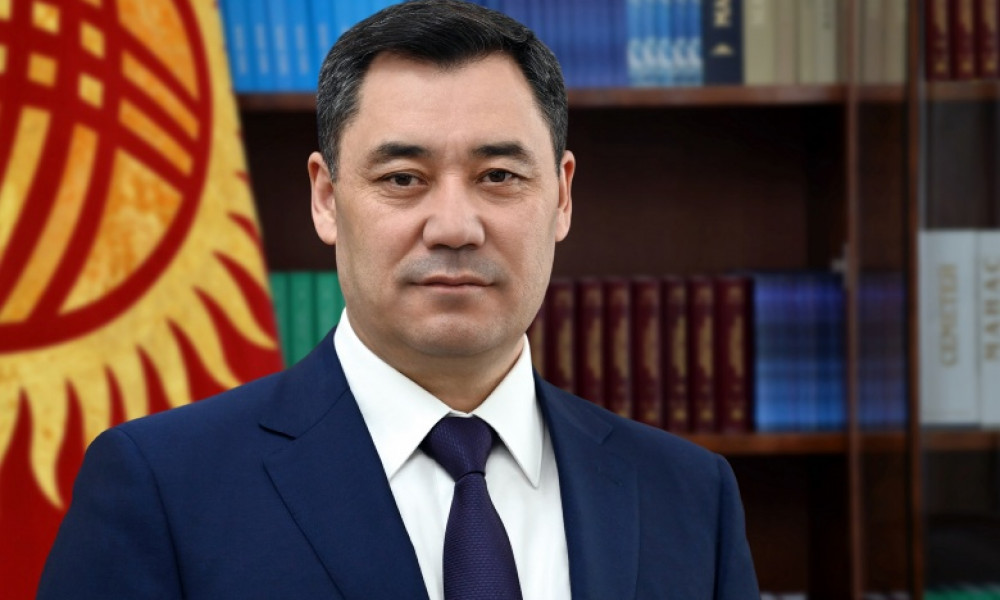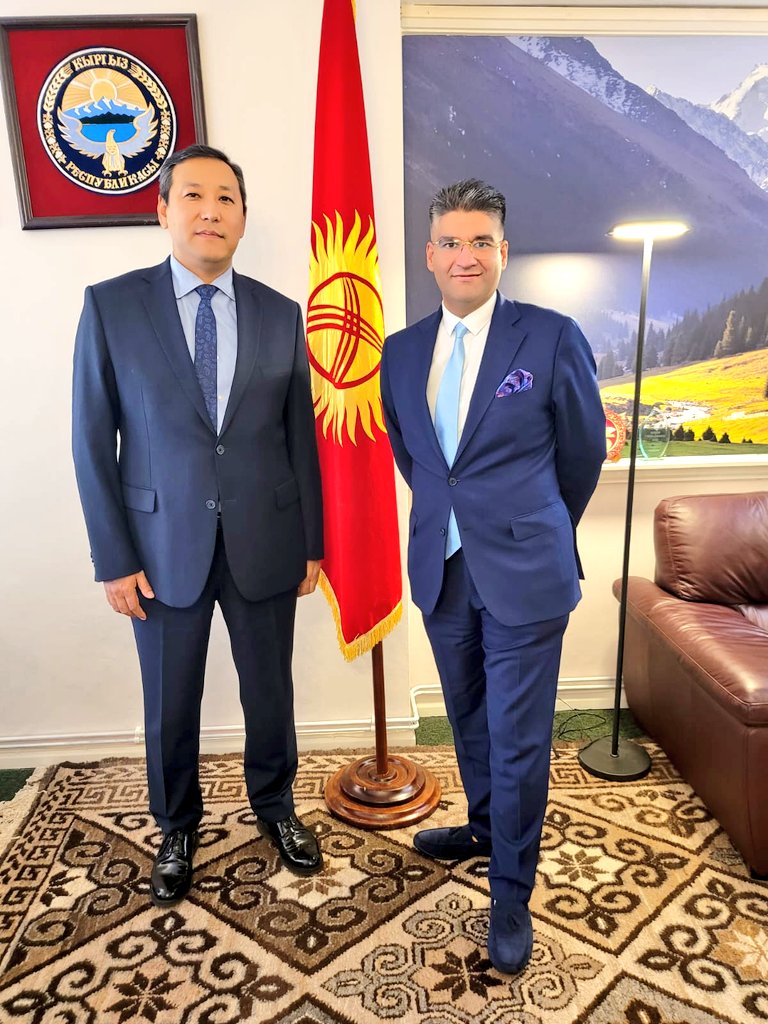Kyrgyz president proposes to exchange external debt for the implementation of green initiatives like hydropower plants. Kyrgyzstan’s foreign debt stands currently at around $ 4.2 billion … writes Professor Kishan Devani BEM
President of Kyrgyzstan Sadyr Zhaparov has proposed to exchange the country’s external debt for the implementation of green initiatives.
“We can all see how the problem of smog has become one of the most pressing problems in our country in recent years,” he said.
“Smog is especially strong in the fall and winter period since the use of coal for heating plays a significant role in this. Undoubtedly, the solution to this issue requires a comprehensive approach. In my first year as the president, I identified environmental and green economy issues as one of the top priorities of the state policy,” Zhaparov posted on social networks to partner countries and international financial development institutions.

“Kyrgyzstan is a country rich in hydro-resources. It is sad to note that being in the upper reaches of water resources, we were not able to build new hydropower plants during the years of independence and were forced to import electricity in winter time,” he said.
“For the last 30 years, we have been using coal, fuel oil and the power of previously built hydropower plants. At the moment we are using only about 10% of our hydropower potential.”
Kyrgyzstan has now actively started building small and medium hydropower plants across the country, and appropriate regulations have been adopted to provide preferences to investors.
The largest construction project, Kambar-Ata HPP-1, the future flagship of the national energy sector, has been launched.
With the implementation of these projects, Kyrgyzstan can truly be called an energy-independent country that will export electricity to foreign countries, Zhaparov said.
“Perhaps if more attention had been paid to this issue in earlier years, the smog issue would not be so acute today. We could have used more electricity for heating in the fall and winter,” he said.
“Now we are firmly committed to the development of the green economy, the whole modern world pays special attention to this. That is why I have instructed us to begin actively working on exchanging the country’s foreign debt for green initiatives.”
According to Zhaparov, Kyrgyzstan’s foreign debt stands currently at around $ 4.2 billion.
“Of course, we are and will be in full compliance with all our foreign debt repayment obligations, and we have every opportunity to do so. We are just taking the initiative to develop the green economy and jointly contribute to improving the environmental situation in the world,” he said.
“It would be good if the funds earmarked for repayment of the foreign debt were used to support the green initiatives. We are not saying that these projects should only be financed by donors and partners. We are also ready to invest from our side and implement these projects.”
For many years, the green economy has been discussed at various levels, but unfortunately, in most cases, it is all in theory, he added.
“We want to move from words to deeds, together we can change this. It is no secret that we are far behind other countries in terms of the green economy. We want to correct this as soon as possible. We are sure that these initiatives will be supported by the donor countries and development partners.”
Currently, 50 small and medium hydropower plants are being built in Kyrgyzstan.
“But, even this is not enough. We have investment projects ready. We have the capacity to build small and medium hydropower plants with a capacity from one to 1,000 MW; the rivers are ready. The countries and financial institutions, of which Kyrgyzstan is a debtor, could take part in the construction of energy facilities and hydropower plants in the country. Together we will cut the ribbons of these green economy facilities. Together we are implementing green projects in Kyrgyzstan, in exchange for us being written off foreign debts,” Zhaparov said.
“We all want our children to live in a rich country with a good environment. We want to be a truly energy-independent country that uses its potential rationally. Therefore, the state will continue to move in this direction, paying more and more attention to the ecology and green economy issues.”

Leave a Reply